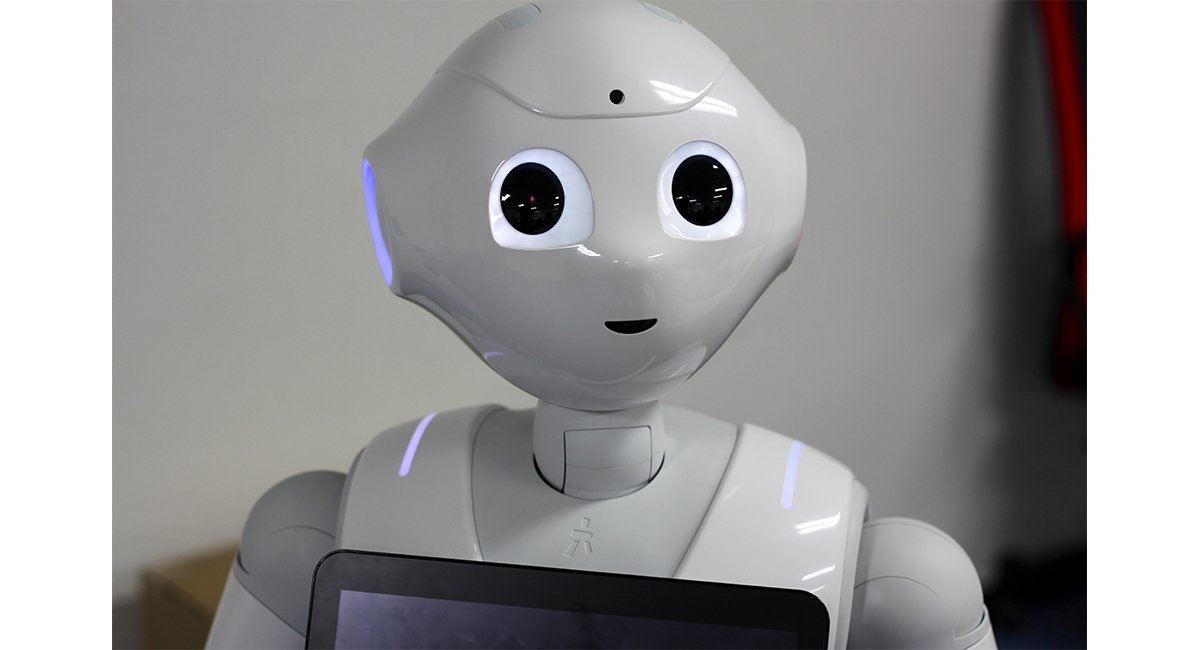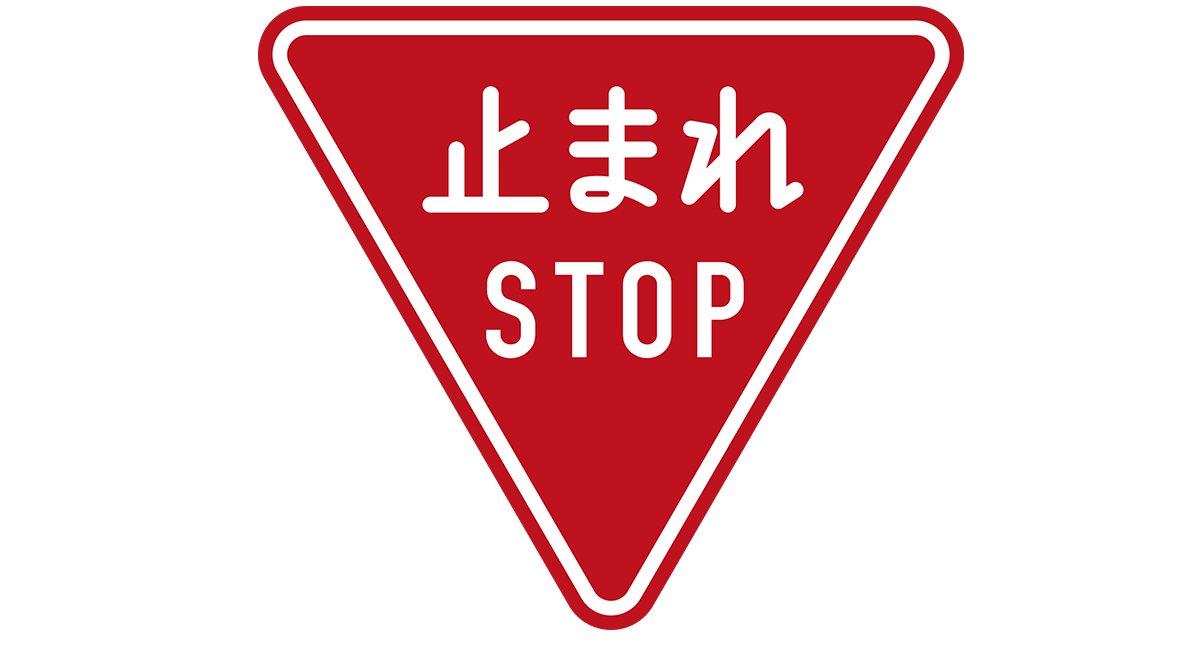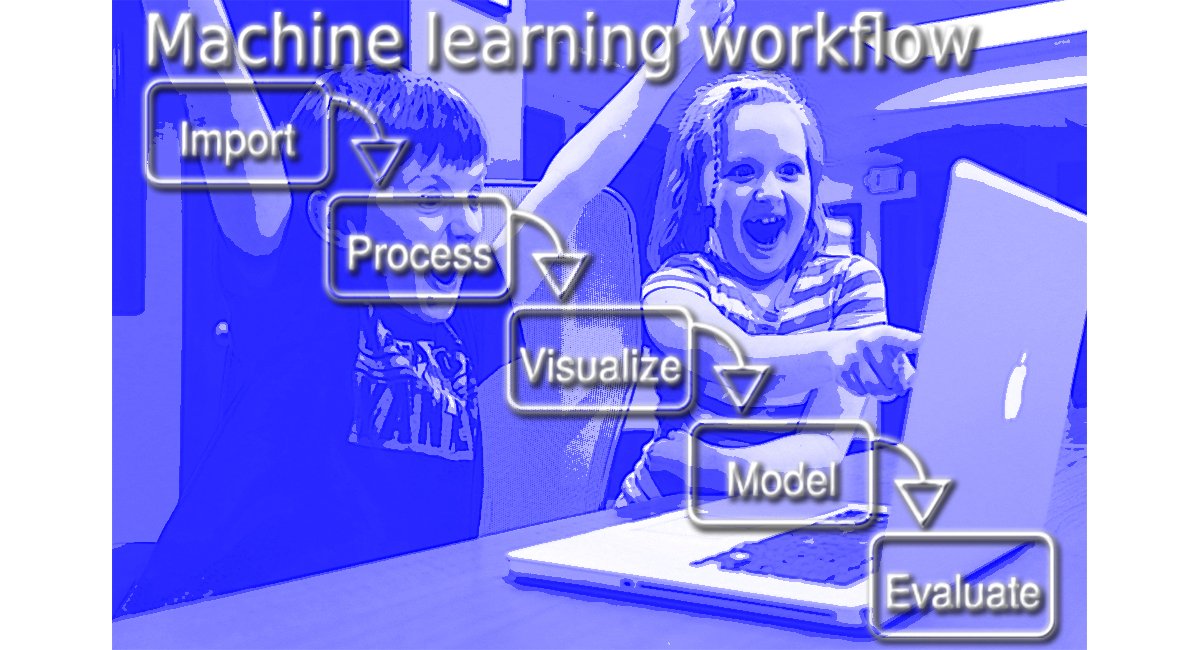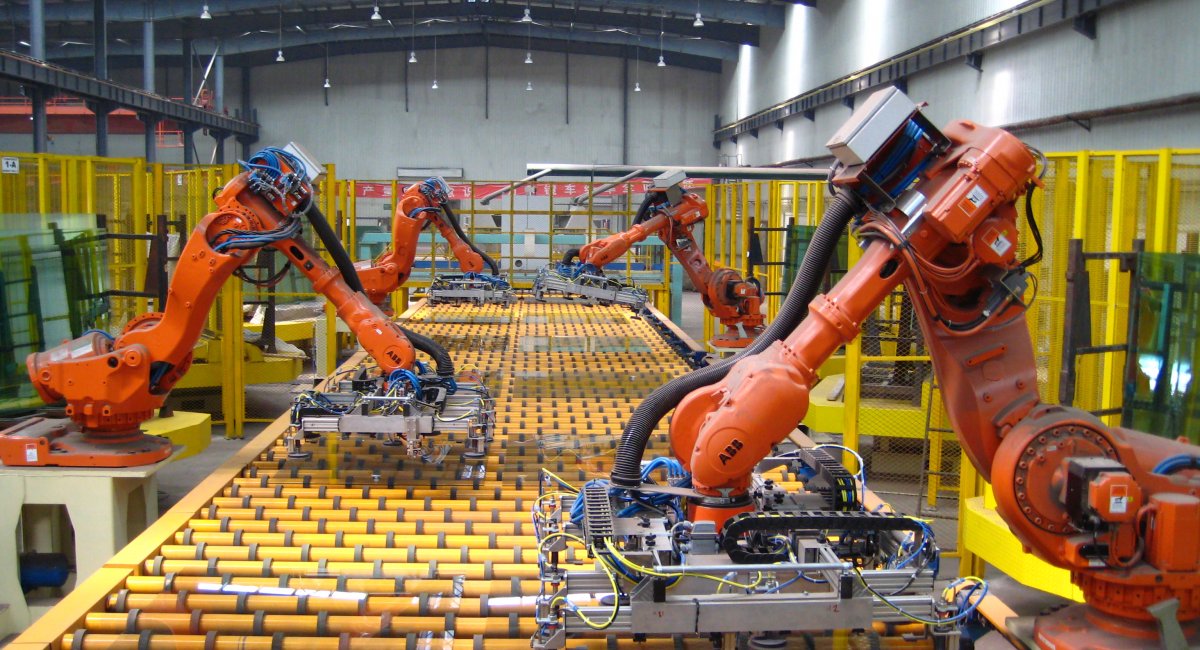Softbank to invest big in A.I.
By Betty, August 06 2017
At SoftBank Group's annual shareholders meeting in Tokyo on Wednesday, founder and chief executive Masayoshi Son said: "Some say SoftBank is a mobile phone company, but that's wrong [...] We are an information revolution company. A cellphone is just a device. From now on, we will be in an age where all infrastructure will be connected by information networks."
Son has about 30 targets lined up in emerging sectors such as artificial intelligence, robotics and the internet of things. SoftBank, he made it clear, intends to be at the forefront of all these fields.
The boss likes to think big. In 2010, Son announced a strategy for the next three decades, over which time he aims to forge some 5,000 partnerships and expand SoftBank's market capitalization to 200 trillion yen ($1.79 trillion). He did not stop there: He also described his vision for the coming 300 years, predicting a world where people live to 200 and communicate via "telepathy." During the shareholders meeting, Son talked about the SoftBank Vision Fund, a $93 billion technology investment fund launched with Saudi Arabia and other partners. Using this massive vehicle, Son said he wants to gather a group of innovative entrepreneurs, bonded by camaraderie and a common vision.




















